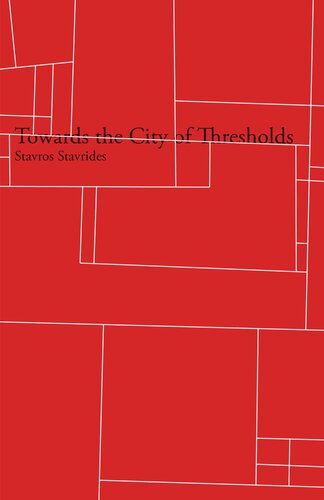

Most ebook files are in PDF format, so you can easily read them using various software such as Foxit Reader or directly on the Google Chrome browser.
Some ebook files are released by publishers in other formats such as .awz, .mobi, .epub, .fb2, etc. You may need to install specific software to read these formats on mobile/PC, such as Calibre.
Please read the tutorial at this link: https://ebookbell.com/faq
We offer FREE conversion to the popular formats you request; however, this may take some time. Therefore, right after payment, please email us, and we will try to provide the service as quickly as possible.
For some exceptional file formats or broken links (if any), please refrain from opening any disputes. Instead, email us first, and we will try to assist within a maximum of 6 hours.
EbookBell Team

4.7
16 reviewsA PIONEERING AND INGENIOUS STUDY OF NEW FORMS OF EMANCIPATORY URBANISM EMERGING IN THESE TIMES OF GLOBAL CRISIS AND RESISTANCE.
In recent years, urban uprisings, insurrections, riots, and occupations have been an expression of the rage and desperation of our time. So too have they expressed the joy of reclaiming collective life and a different way of composing a common world. At the root of these rebellious moments lies thresholds—the spaces to be crossed from cities of domination and exploitation to a common world of liberation.
Towards the City of Thresholds is a pioneering and ingenious study of these new forms of socialization and uses of space—self-managed and communal—that passionately reveals cities as the sites of manifest social antagonism as well as spatialities of emancipation. Activist and architect Stavros Stavrides describes the powerful reinvention of politics and social relations stirring everywhere in our urban world and analyzes the theoretical underpinnings present in these metropolitan spaces and how they might be bridged to expand the commons.
What is the emancipatory potential of the city in a time of crisis? What thresholds must be crossed for us to realize this potential? To answer these questions, Stavrides draws penetrating insight from the critical philosophies of Walter Benjamin, Michel Foucault, and Henri Lefebvre—among others—to challenge the despotism of the political and urban crises of our times and reveal the heterotopias immanent within them.